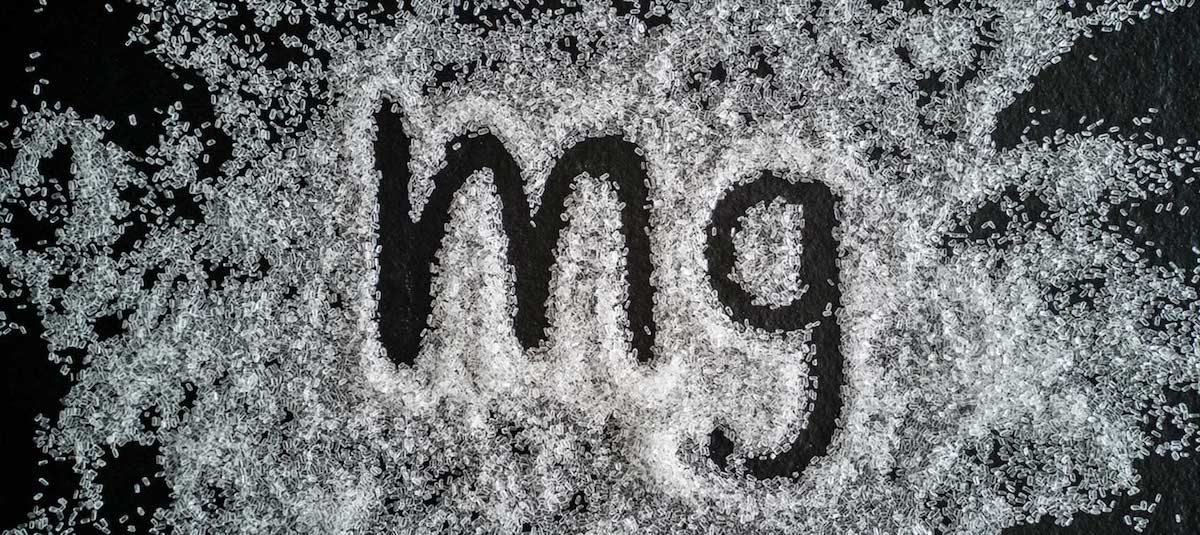
Unlocking the Power of Magnesium: An In-Depth Exploration
Magnesium is a mineral that plays a crucial role in various bodily functions, especially in the context of muscle health and recovery. Let's delve into the intricate details of how magnesium contributes to our overall well-being and its impact on combating Delayed Onset Muscle Soreness (DOMS).
Magnesium's Role in Muscle Contraction and Relaxation
Magnesium is often hailed as the "forgotten electrolyte," and for good reason. In muscle physiology, it acts as a natural calcium antagonist, regulating the flow of calcium ions that are pivotal for muscle contraction. Dive into the biochemical dance between magnesium and calcium, understanding how the right balance ensures smooth muscle function.
The Dance of Ions: Calcium and Magnesium Partnership
In the muscle contraction process, calcium rushes into muscle cells, initiating the contraction. Magnesium, the unsung hero, steps in to prevent excessive calcium influx, facilitating muscle relaxation. It's a delicate equilibrium—explore the molecular intricacies that orchestrate this ballet of ions.
Magnesium Deficiency: Unraveling the Impact on Muscle Cramps
What happens when the body is deficient in magnesium? Uncover the symptoms of magnesium deficiency and how it directly relates to muscle cramps. From restless leg syndrome to nocturnal cramps, discover the signs that your muscles might be silently screaming for more magnesium.



Leave a comment
This site is protected by hCaptcha and the hCaptcha Privacy Policy and Terms of Service apply.